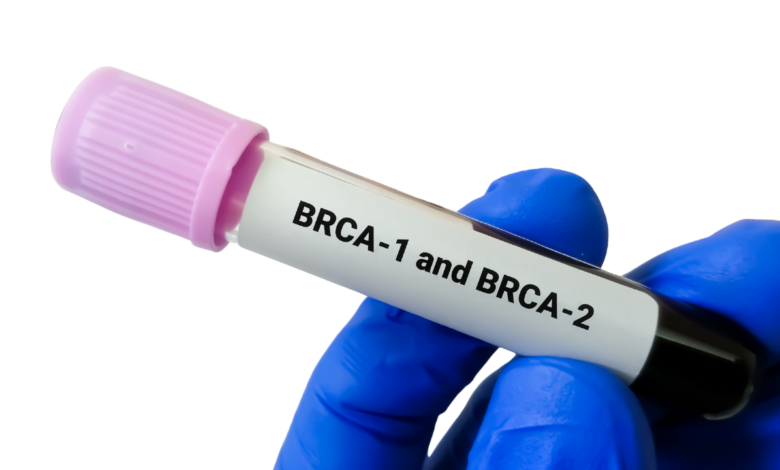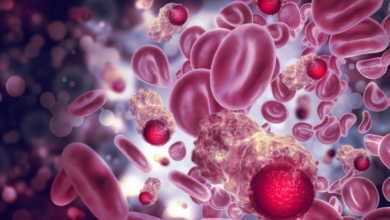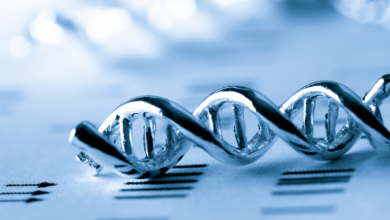BRCA1/BRCA2 Testing (for breast and ovarian cancer risk)

What is BRCA1/BRCA2 Testing?
BRCA1 and BRCA2 are genes that help repair damaged DNA. Mutations in these genes can significantly increase a person’s risk of developing breast or ovarian cancer. BRCA1/BRCA2 testing is a genetic test to determine if a person carries a mutation in either of these genes.
Why BRCA1/BRCA2 Testing is required?
BRCA1/BRCA2 testing is recommended for individuals who:
- Have a family history of breast or ovarian cancer, particularly if the cancers occurred at a young age or in multiple family members.
- Have a personal history of breast or ovarian cancer.
- Are considering preventive measures, such as prophylactic surgery or increased surveillance.
which are the method of BRCA1/BRCA2 Testing?
BRCA1/BRCA2 testing typically involves a blood sample. The DNA in the blood is extracted and analyzed for mutations in the BRCA1 and BRCA2 genes.
who should go for BRCA1/BRCA2 Testing?
As mentioned above, individuals with a family history of breast or ovarian cancer are strong candidates for BRCA1/BRCA2 testing. However, it’s important to consult with a genetic counselor to discuss your specific risk factors and determine if testing is appropriate for you.
What are the results of BRCA1/BRCA2 Testing?
The results of BRCA1/BRCA2 testing can be:
- Positive: A mutation in one or both BRCA genes is identified. This significantly increases the risk of developing breast or ovarian cancer.
- Negative: No mutation in the BRCA genes is found. While this doesn’t guarantee that you won’t develop cancer, it reduces your risk.
- Uncertain: The genetic variant identified is of uncertain significance. Further research may be needed to determine if it increases cancer risk.
What are the components of BRCA1/BRCA2 Testing?
BRCA1/BRCA2 testing typically includes:
- Genetic counseling: A genetic counselor will discuss your family history, risk factors, and the implications of the test results.
- Blood draw: A blood sample is taken for DNA analysis.
- Genetic testing: The DNA is analyzed for mutations in the BRCA genes.
- Results discussion: A genetic counselor will review the test results and provide guidance on next steps, such as preventive measures or increased surveillance.





